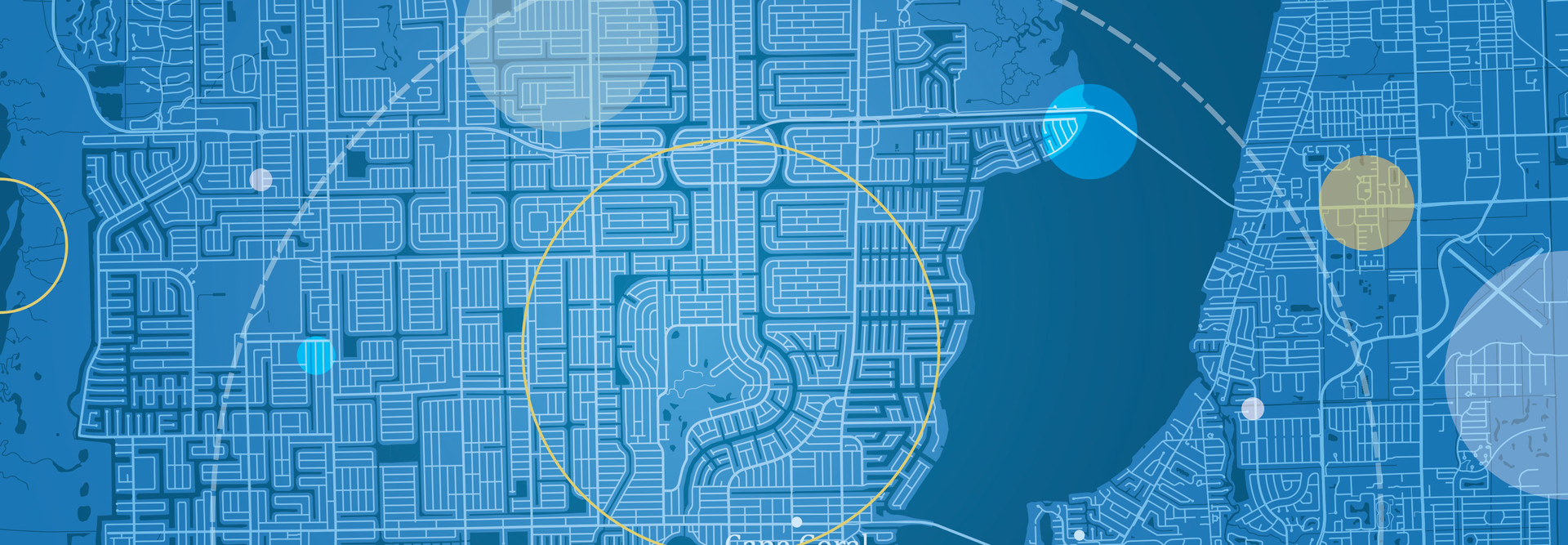STATETECH: What’s involved in the infrastructure enhancements?
MCKAY: Our ERP system, for example, was previously on-prem. We had up to 20 onsite servers. With the migration to a cloud-based ERP system, we will no longer need those servers. Some other systems that were migrated to the cloud include specific verticals such as our city works and other business-focused systems.
Some of those legacy systems are still running simultaneously on-prem as part of the migration process. But in a short amount of time, the servers will all be decommissioned.
LEARN MORE: Fort Lauderdale uses fleet tracking solutions for street sweepers.
STATETECH: What are the benefits of that cloud migration?
MCKAY: The main benefit is a high availability. When we lost our entire City Hall with less than 24 hours’ notice, having those systems in the cloud allowed those business functions to continue, even though we were literally — no pun intended — dead in the water with our on-prem infrastructure.
With Microsoft 365, we’re no longer saving documents and sharing documents on a server that's housed in a building that is susceptible to getting flooded or losing power or network connectivity. Moving those documents to Microsoft 365 in the cloud also provides greater flexibility if folks are working from different locations, including telecommuting.












